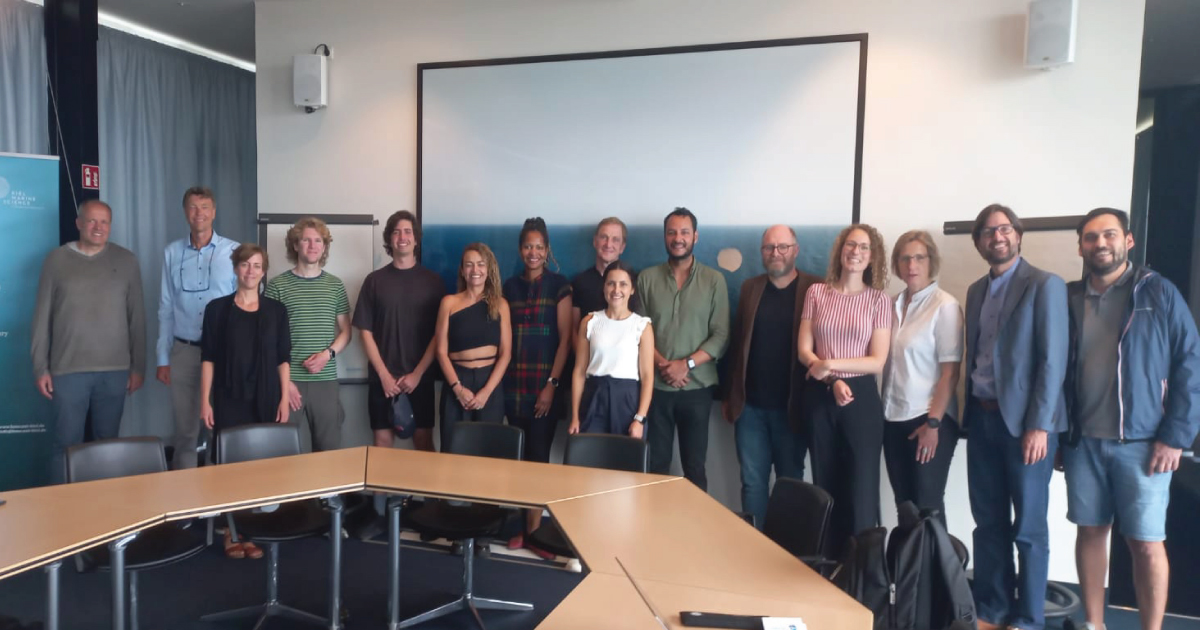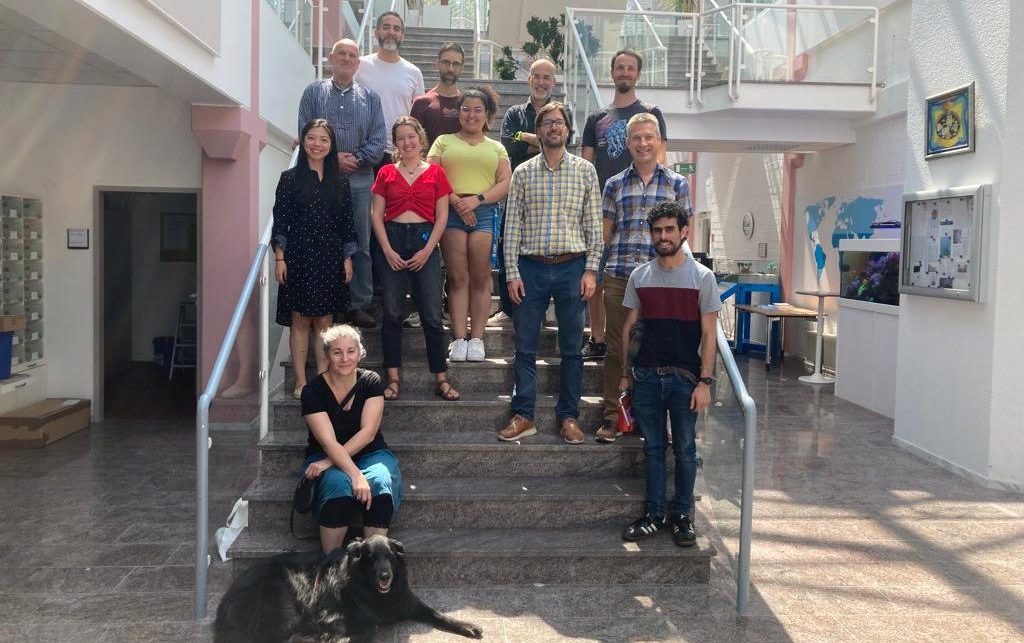
27 Jun CEMarin strengthens Colombian-German Links in the Marine Sciences
Our Executive Director, Dr Andrés Osorio, is currently in Germany, working to strengthen the links between CEMarin and our partners in that country. The construction of joint networks with strategic allies, both inside and outside Colombia, is always a priority for CEMarin.
On this occasion, Dr Osorio visited the Leibniz Center for Tropical Marine Research (ZMT) in the city of Bremen, the only research institute in Germany dedicated to the study of tropical marine ecosystems and their services to human societies, and the GEOMAR Helmholtz Centre for Ocean Research of Kiel University, which is dedicated to exploring the global ocean from the seabed to the atmosphere to understand the ocean system and enable the development of sustainable solutions for pressing societal issues. Both of these institutions are world leaders, and their missions and visions are closely aligned with those of CEMarin.
Dr Osorio’s host at ZMT was Dr Oscar Puebla, leader of the Working Group on Fish Ecology and Evolution, and in GEOMAR it was Prof. Dr. Martin Visbeck, leader of the research unit on physical oceanography, both of whom visited Colombia in February 2023 as special guests at the International Conference on Marine Sciences 2023.

At ZMT, Dr Osorio met with Dr Puebla, ZMT Scientific Director Dr Raimund Bleischwitz, and several ZMT researchers who have been working on joint projects with CEMarin Researchers for years. Some of the ZMT researchers, such as Professors Matthias Wolff, Achim Schlüter and Andreas Kunzmann, already enjoy the benefits of being CEMarin Associate Researchers, given the importance of Colombia, as a bi-oceanic and megadiverse country, for ZMT research.
At GEOMAR, Dr Osorio was accompanied by CEMarin Vice Executive Director Prof. Dr. Thomas Wilke, and several CEMarin researchers from both Colombia and the Justus Liebig University, Giessen, in his meetings with Prof. Dr. Visbeck and other GEOMAR researchers.
In addition to discussing strategies to strengthen existing links and possible research areas to establish new alliances, members of the three teams worked together to formulate a proposal for an international call on nature-based solutions for adaptation to climate change, an area in which the knowledge of the three institutions complements each other.
Finally, the directors of the organizations discussed the possibility of formalizing the long-term relationship between their institutions, reaffirming the commitment of all parties to collaborations that benefit both academia and the ecosystems and communities we work to serve.


